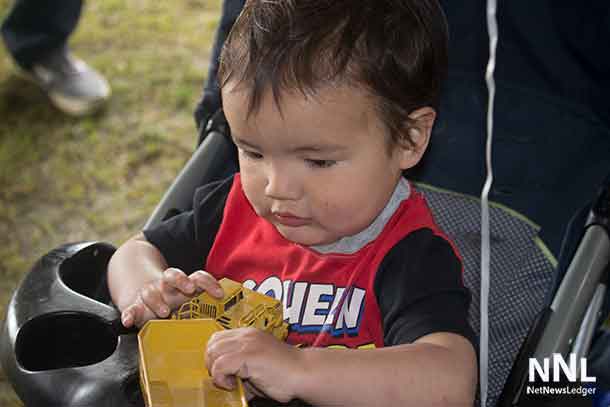LAUSANNE, Switzerland — LIVING — New research conducted by Resilience Institute Global SA has revealed the five critical success factors that differentiate the most resilient people.
The study encompassed 23,990 professionals and took place between 2019 and 2022.
The 2022 Global Resilience Report, which covers 60 factors of resilience, is expected to benefit organizations and leaders looking to improve development strategies, while mitigating the risk of disruption, talent loss, and volatility at work.
The study revealed that the five critical factors highly resilient indivudals excel in are:
- Sleep
- Fulfilment
- Bounce
- Relaxation
- Focus
Sleep
According to the institute’s founder Dr Sven Hansen, sleep is “the lead factor for promoting resilience, well-being and good mental health.” The study highlighted that professionals who had undertaken Resilience Institute training programs experienced a 25% improvement in sleep quality during the study period (n=4,456).
Fulfilment
“Loss of key talent is accelerating as millions of employees and professionals are using the disruption caused by the pandemic to seek more fulfilling work. Organizations that clearly articulate their purpose and consider the impact of business on all stakeholders are more likely to build a mission-driven, fulfilled workforce.” said Dr Hansen.
Bounce
Bounce is the foundation of resilience that allows us to recover quickly after dealing with change and disruption. Professionals at the end of an academic study conducted by the Resilience Institute were equipped with a 53% increase in bounce capacity, plus significant gains in well-being.
Relaxation
Relaxation activates the parasympathetic nervous system, enabling calm, connection and focus. “Stress mastery is the area of greatest gain for participants in resilience training programs, with sample-wide increases in contemplation of 51% in males and 43% in females.”
Focus
“Focusing on a clear goal is a pre-requisite for flow and the 500% productivity gain that follows. If productivity is the goal, focus is the enabler,” said Dr Hansen. After resilience training, focus increases by 10% in males and 11% in females.
Resilience and COVID-19
Asked about the impact of COVID-19 on resilience, Dr Hansen said, “We found that the onset of Covid-19 correlates with our lowest average global resilience ratios. Yet, the following six quarters correlate with some of the highest global ratios we have ever seen. Adversity stimulates us to bounce and grow.”







